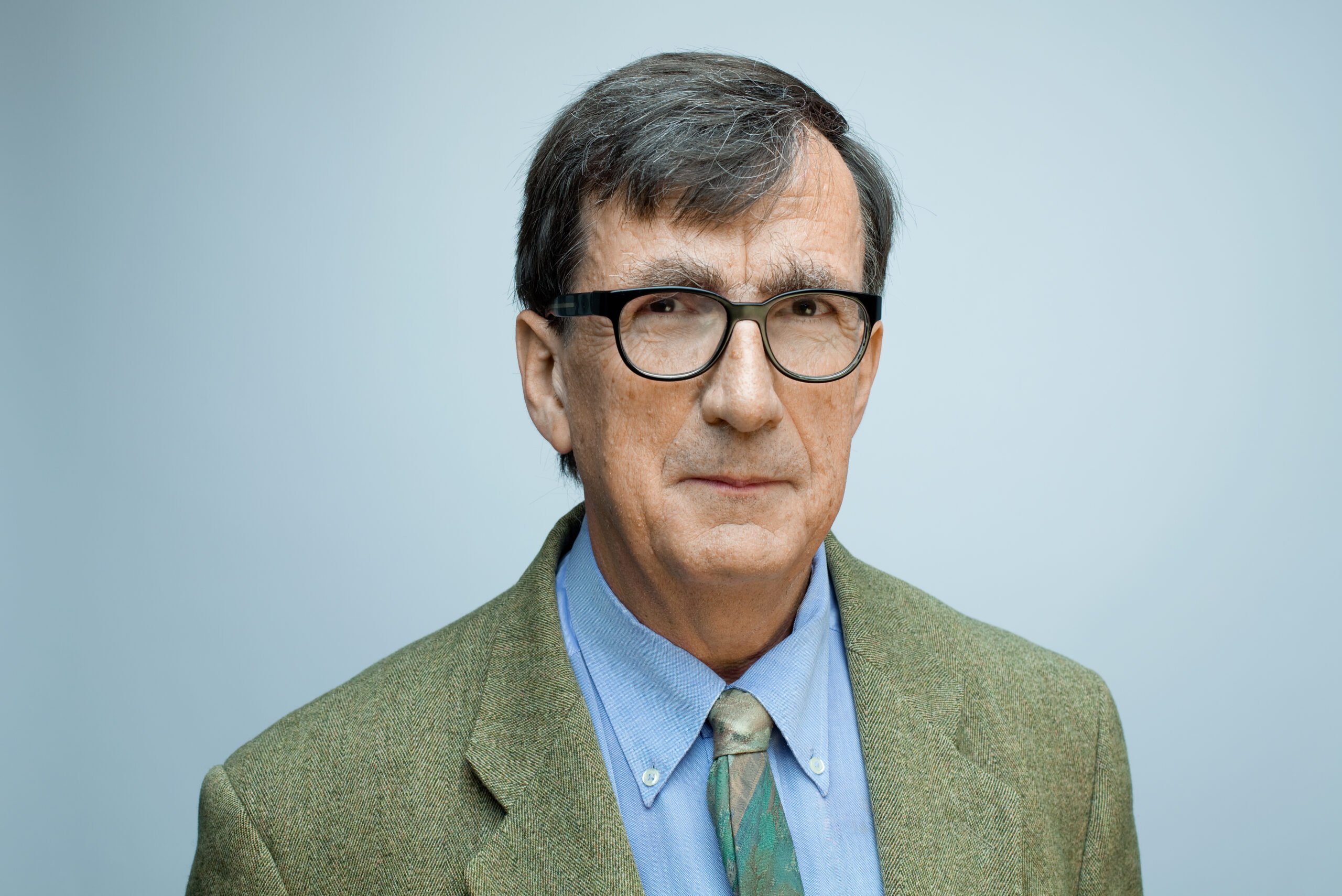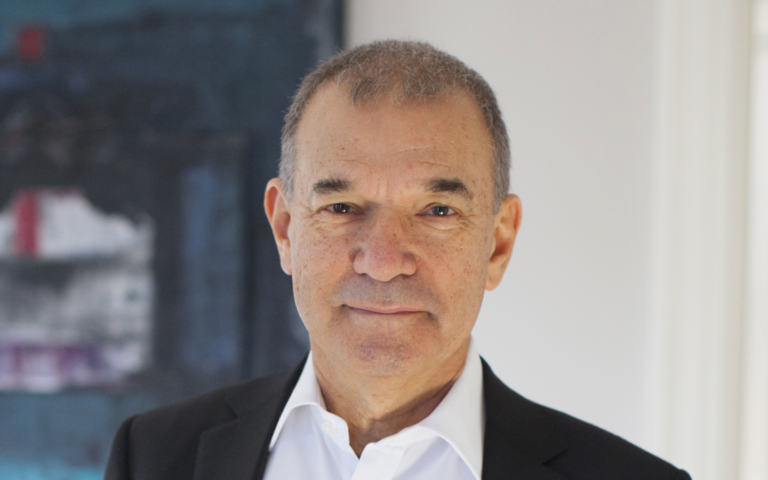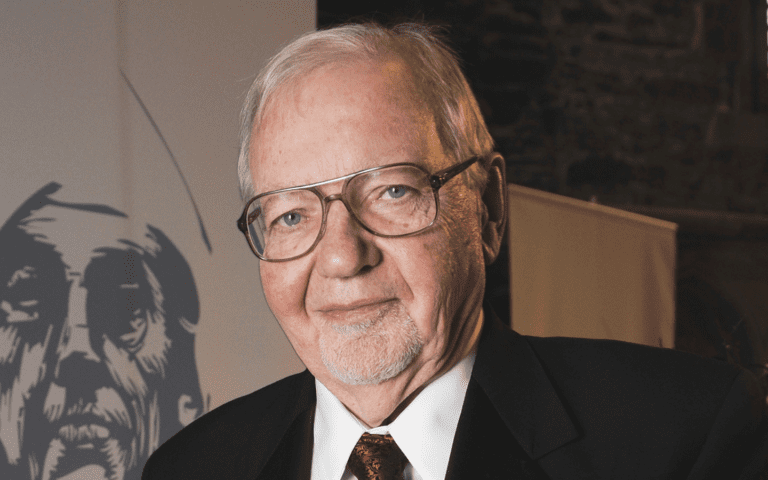
The Board of the Ludvig Holberg Memorial Fund has decided to award the 2013 Holberg International Memorial Prize to anthropologist and sociologist Bruno Latour. The Prize amount is NOK 4.5 million (EUR 610,000/USD 790,000).
Chairman of the Ludvig Holberg Memorial Fund, Sigmund Grønmo, announced the winner in Bergen today, 13 March. The Prize winner will receive the prize at an award ceremony in Håkonshallen in Bergen, Norway on 5 June 2013.
Questions the natural sciences’ production of knowledge
French anthropologist and sociologist Bruno Latour has been described by the Holberg Prize Academic Committee as a creative, humorous and unpredictable researcher. The Academic Committee justifies the award for this year’s Holberg Prize by stating that ‘Bruno Latour has undertaken an ambitious analysis and reinterpretation of modernity, and has challenged fundamental concepts such as the distinction between modern and pre-modern, nature and society, human and non-human. (…) The impact of Latour’s work is evident internationally and far beyond studies of the history of science, art history, history, philosophy, anthropology, geography, theology, literature and law.’ Latour is currently Professor at Sciences Po in Paris.
Laboratory life (1979), authored with Steven Woolgar, was the first of a number of pioneering publications that have set the standard for ethnographic analyses of the making of scientific facts. In We have never been modern (1991) Latour questions the absolute division between nature and society, a division that several phenomena in our age, such as e.g. biotechnology, climate change and the HIV/AIDS epidemic, make it difficult to maintain. He claims that this is a division that has never existed in an absolute form and proposes radical new ways of facing this reality.
A strong, public voice
In the 1980s Latour, together with colleagues Michel Callon and John Law, developed the ‘Actor Network Theory’ (ANT) as a method. The basic premise is that society consists of a network of actors, where all actors influence and are influenced by the network and each other. His involvement in museum science, aesthetics and the use of digital techniques in the humanities led to spectacular museum exhibitions – Iconoclash (2002) and Making Things Public (2005) – which sparked debate and involvement around subjects related to knowledge and freedom of information.
Since the late 1990s Latour has been involved in the discourse on environmental challenges and climate change, which led to the book Politics of Nature (1999). Here he argues that when modernization has progressed so far that nature rebels, it is time to ‘ecologize’ rather than ‘modernize’. In his latest book Inquiry into Modes of Existence – An Anthropology of the Modern (2012) he pursues this debate further and also launches a digital online counterpart, www.modesofexistence.org, where others may contribute to research.
Citation of the Holberg Prize Academic Committee
Bruno Latour’s 2013 Holberg Prize Acceptance Speech: Manuscript, video
Interview with Latour
Latour’s homepage
Biography and CV
Bruno Latour’s project: ‘AIME- An inquiry Into Modes of Existence- An Anthropology of Modernities’
Lecture: Bruno Latour: ‘The Modes of Existence project: an exercise in collective inquiry and digital humanities’
Last edited:
Published:
Related content

“Everyone dreams at night”: Interview with Stephen Greenblatt
What are the paths and life events that have led 2016 Holberg Laureate Professor Stephen Greenblatt to where he is today? Where will he go from here? How will the humanities survive the current crisis? Those are some of the questions Greenblatt answers in this exclusive interview.

About Fredric R. Jameson
Fredric R. Jameson (born in 1934 in Cleveland, Ohio) is one of today's most important and most influential cultural theorists. He has done more for the contextual study of culture than any other living scholar. Over the past four decades, he has developed a richly nuanced theory of how modern culture – in particular, literature, painting, cinema, and architecture – relates to social and economic developments.

About Ian Hacking
Ian Hacking (born in 1936 in Vancouver, British Columbia) is one of the world's leading scholars in the fields of philosophy and history of science. He has made important contributions to areas as diverse as the philosophy and history of physics; the understanding of the concept of probability; the philosophy of language; and the philosophy and history of psychology and psychiatry.

